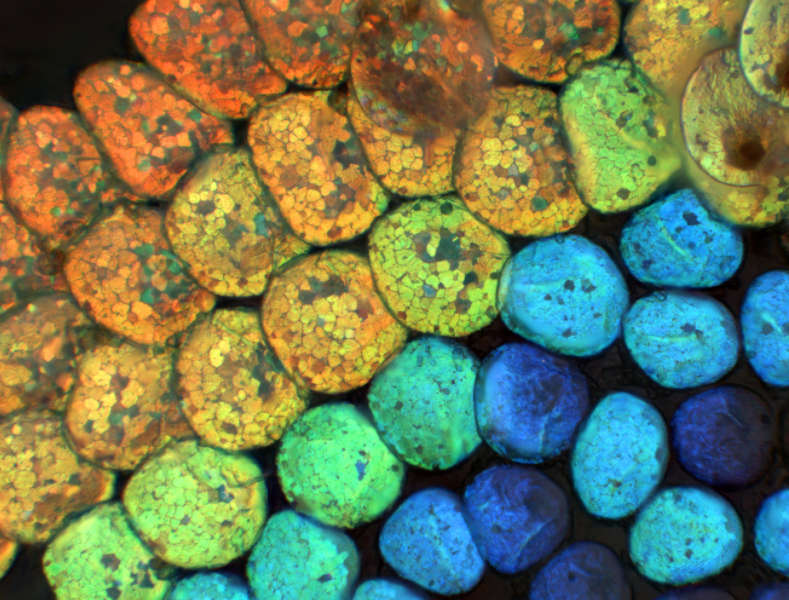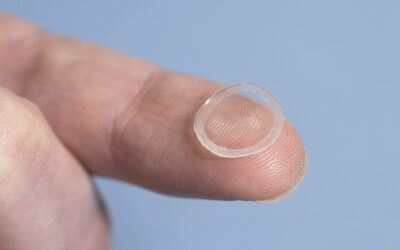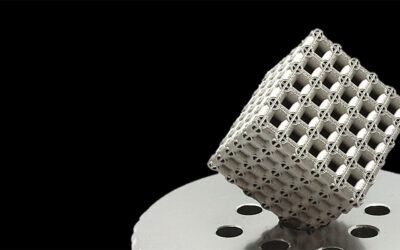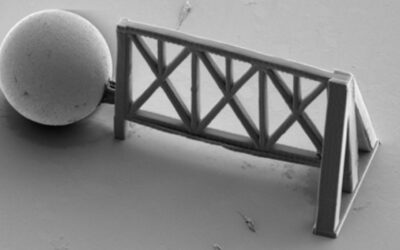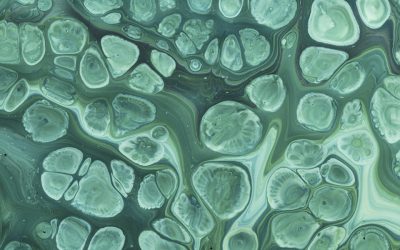Ten years ago, the Adolphe Merkle Institute was founded with a vision to establish an interdisciplinary institute that focuses on soft nanomaterials and combines fundamental and application-oriented research. Today, this state-of-the-art research facility focuses on bio-inspired material design, stimuli-responsive materials, optical materials, energy materials, sensing, the detection of nanoparticles in complex media, and the investigation of the interactions between nanomaterials and biological systems. The institute aims to advance fundamental knowledge and address practically relevant problems at the same time, while also training the next generation of scientists.
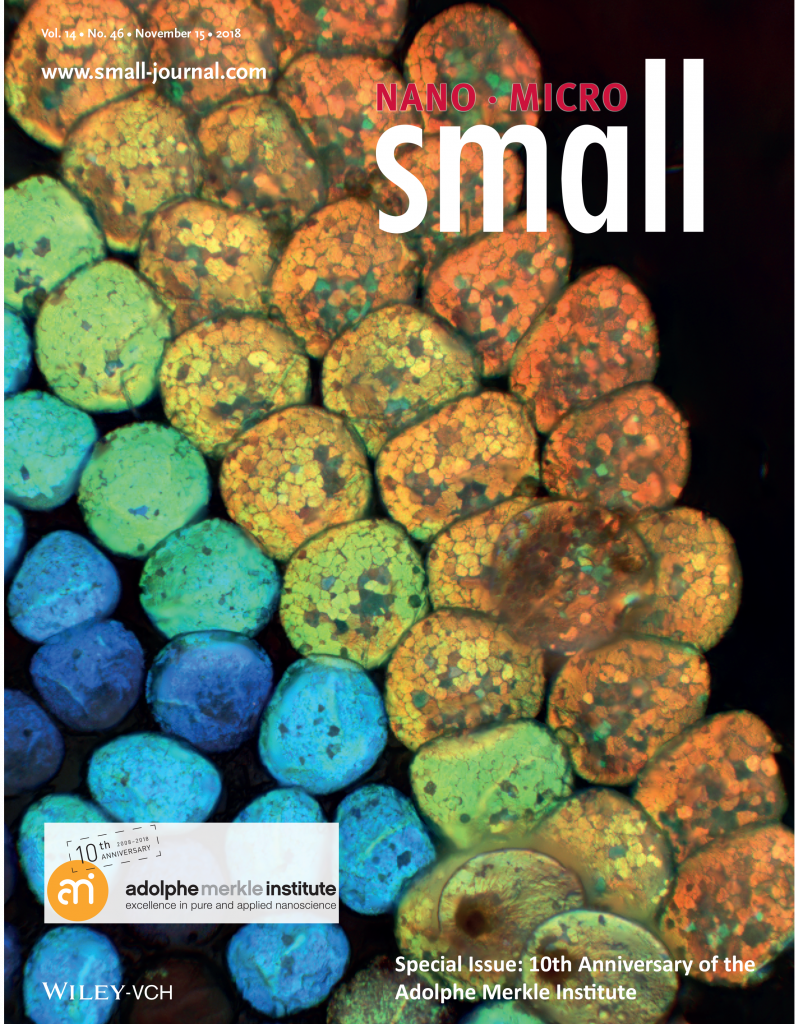
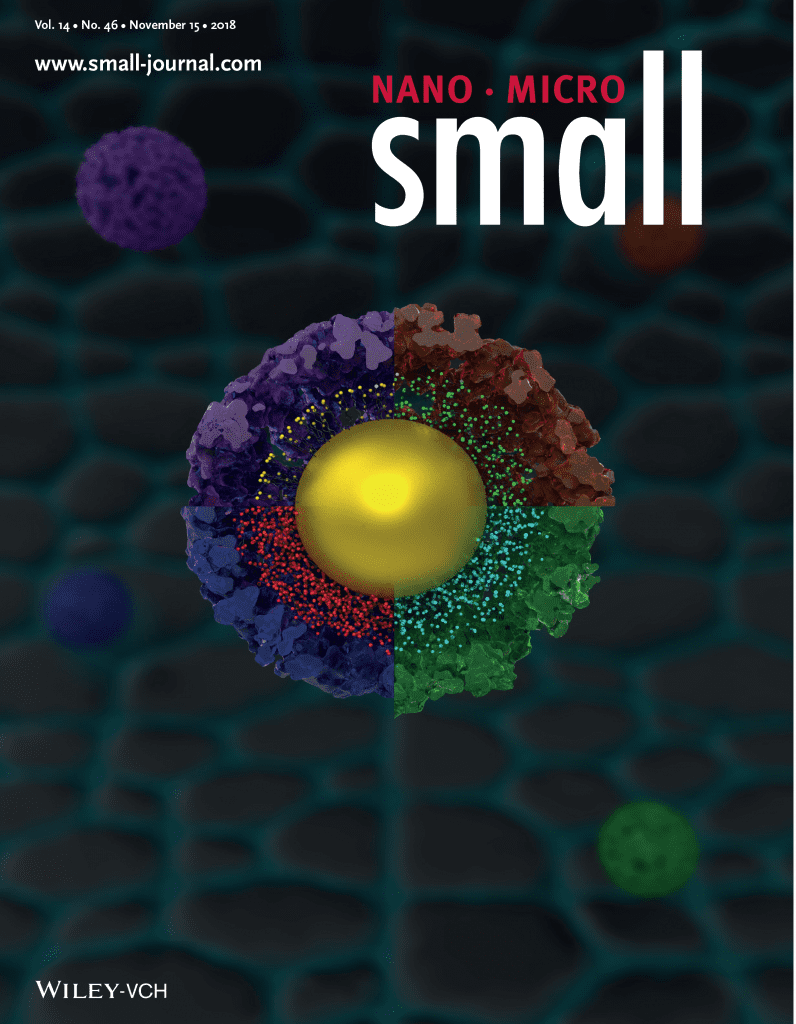
This month, Small published a special issue that commemorates 10 years of soft nanomaterials research and training at the Adolphe Merkle Institute. The issue showcases some of the current interdisciplinary research activities conducted at the institute in the form of four concepts, five reviews, two communications, and nine full papers, with nanoparticles occupying a central theme. The topics range from self-assembled structures, self-regulated complex coacervate core micelles, colloid particles, and protein coronas to cellulose nanocrystals, nanocapsules, high-aspect-ratio silica fibers, glassy polymersomes, and cucurbit[8]uril-based polymers. Of note, half of the contributions to the issue come from among the >150 alumni associated with the institute.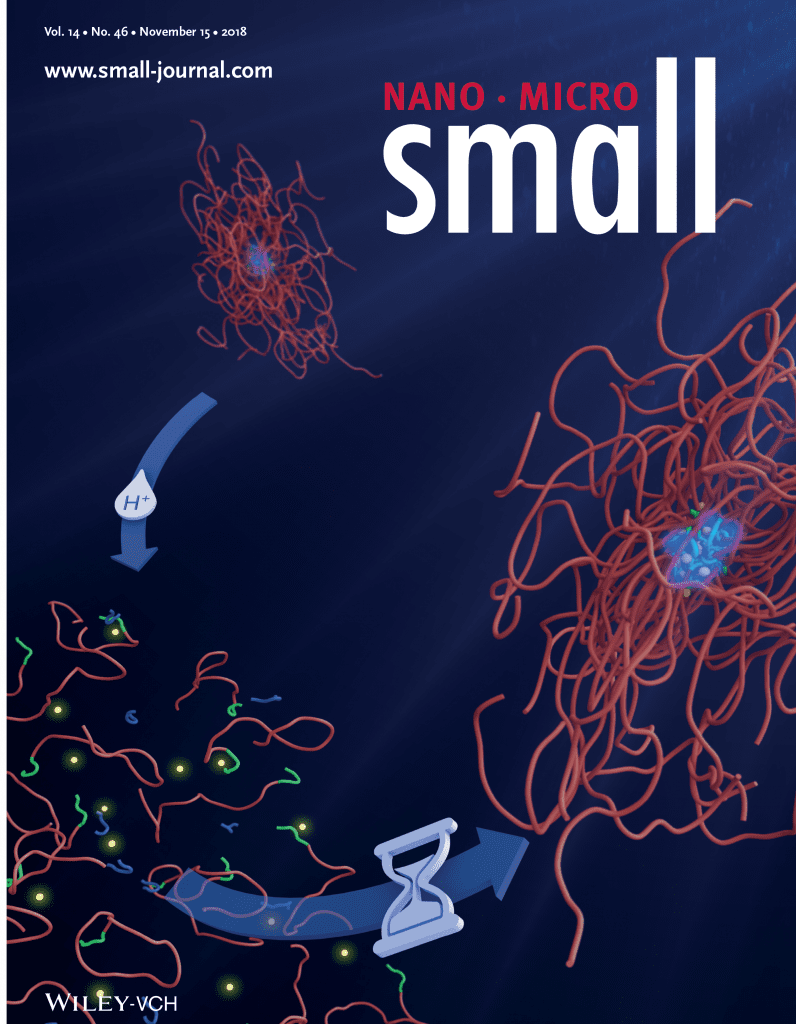
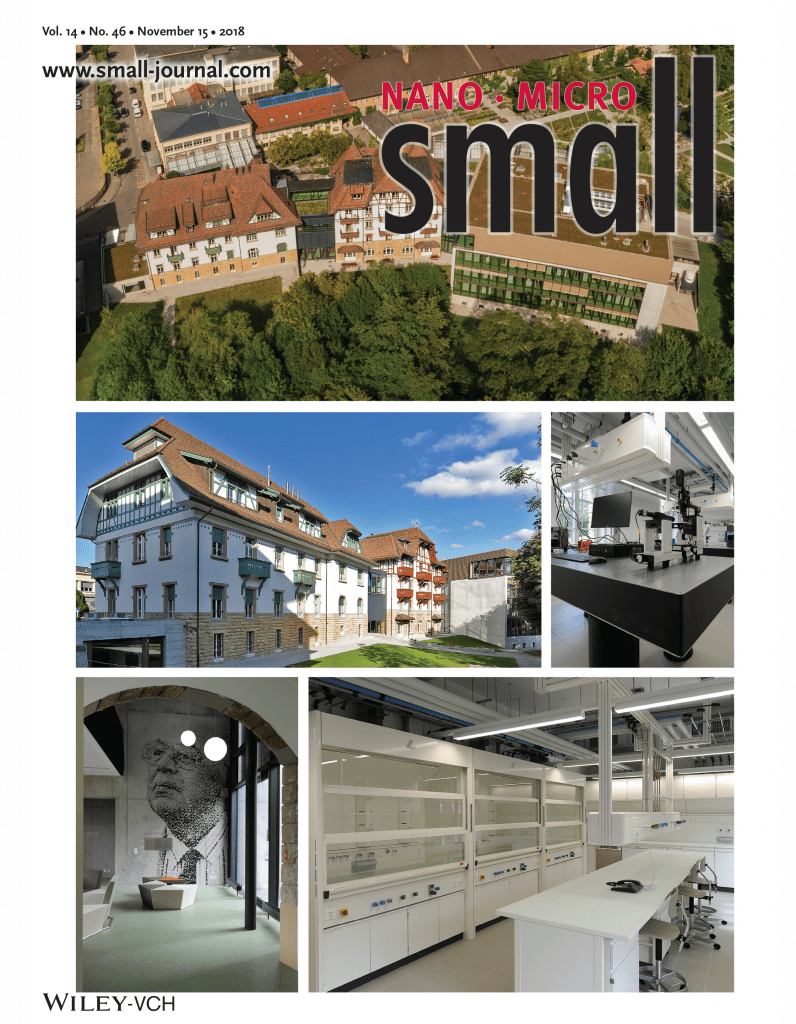
The authors hope that this collection of papers conveys their dedication to make relevant contributions to science and to society, and in terms of the big picture, steer the institute on its course to implement Adolphe Merkle’s dream of a leading competence center for fundamental and application-oriented interdisciplinary research in the field of soft nanomaterials.

